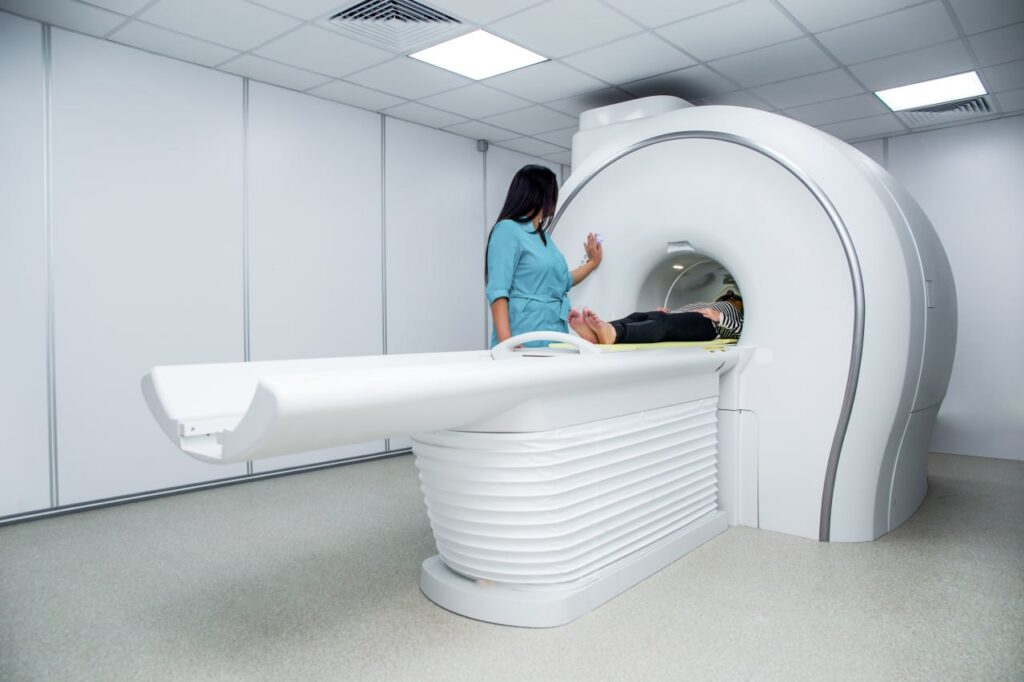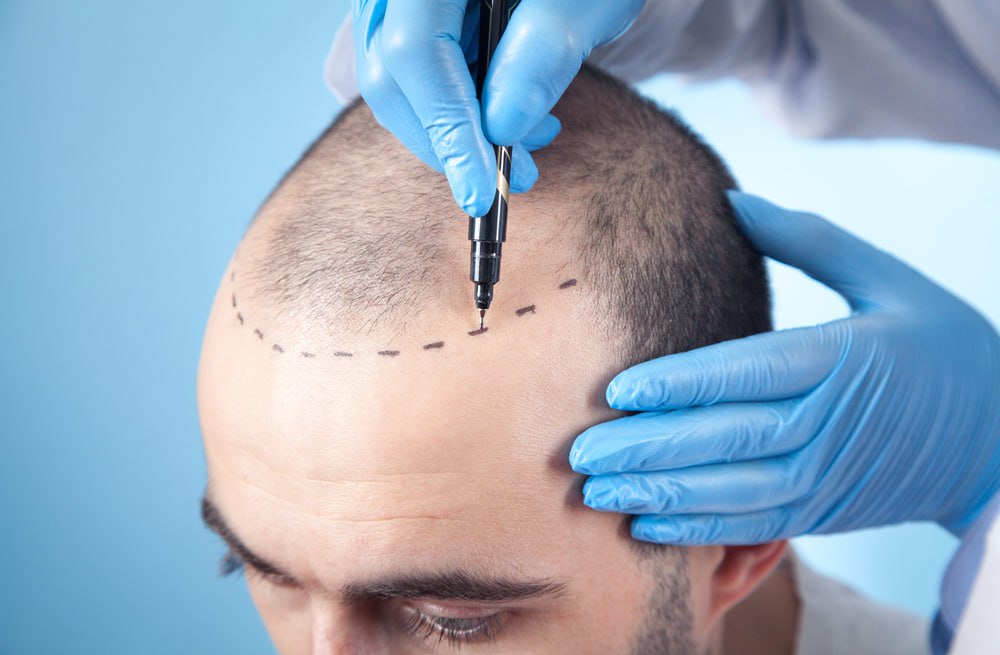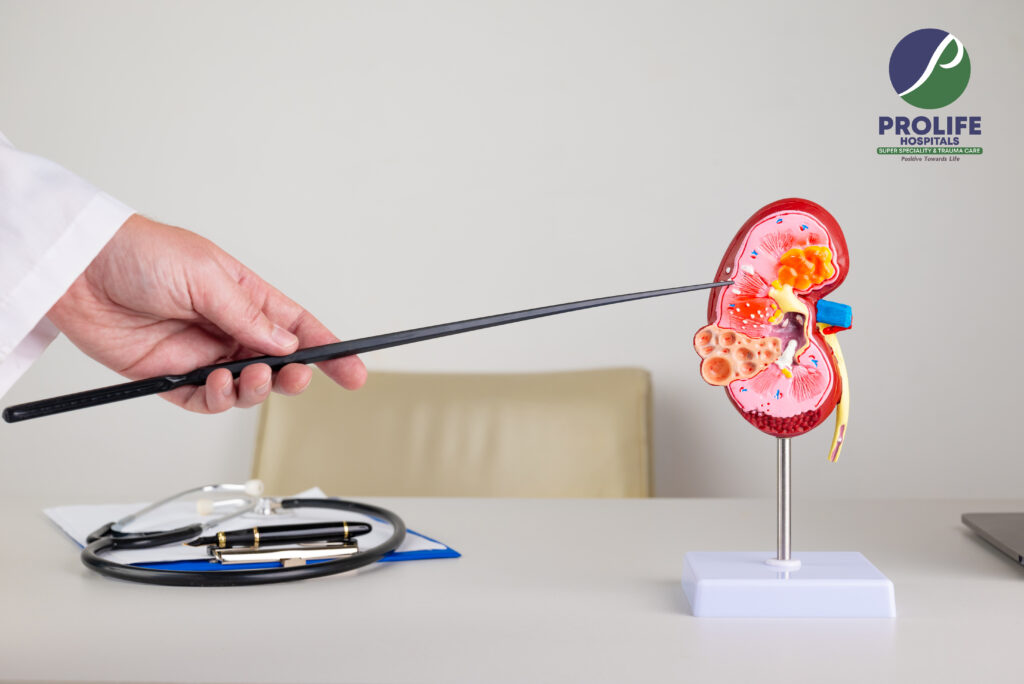Blog

Laser Kidney Stone Removal: A Life-Saving Advance in Prolife Healthcare
Kidney stones are one of the most common and painful medical conditions, affecting over 1 in 11 people. These small, hard mineral deposits in the

Prolife Hospitals: The Pinnacle of MRI Diagnostic Excellence in Ludhiana
In the ever-evolving landscape of modern healthcare, the power of advanced diagnostic imaging technologies has become increasingly crucial in the accurate detection and effective management

Finding the Best Laparoscopic Surgeon at Prolife Hospitals in Punjab: A Comprehensive Guide
If you or a loved one is facing a medical condition that requires laparoscopic surgery, finding the right surgeon can be a daunting task. Laparoscopic

Exploring Advanced Laser Treatment for Kidney Stones at Prolife Hospitals
The Growing Impact of Kidney Stones Kidney stones have become exceedingly common, now affecting over 5% of the general population during their lifetimes. These small

How Prolife Hospitals is Advancing Weight Loss Surgery in Punjab
The obesity epidemic impacts over 30% of adults in Punjab and rates continue rising. Carrying substantial excess body fat puts individuals at higher risk for

Restore Your Hairline in Ludhiana with Prolife Hospitals’ Hair Transplant Services
Hair loss impacts over 60% of men and women to some degree as they age. While natural thinning often occurs gradually, those experiencing more rapid

Best Hospital in Punjab: Prolife Hospitals
Punjab has always been a hub for medical tourism in India, with its top-tier medical facilities and highly skilled medical professionals. When it comes to

Laser Kidney Stone Removal: A Minimally Invasive Treatment Option
Kidney stones can cause excruciating pain and distress. While small stones may pass naturally through urination, larger stones often require intervention. Laser kidney stone removal

Relieving Chronic Knee Problems Through Joint Replacement in Ludhiana
Knee arthritis and injuries causing persistent pain, inflammation, stiffness and loss of function can severely impact mobility and routine activities. If conservative treatments do not

